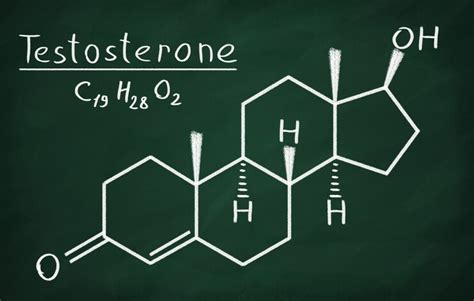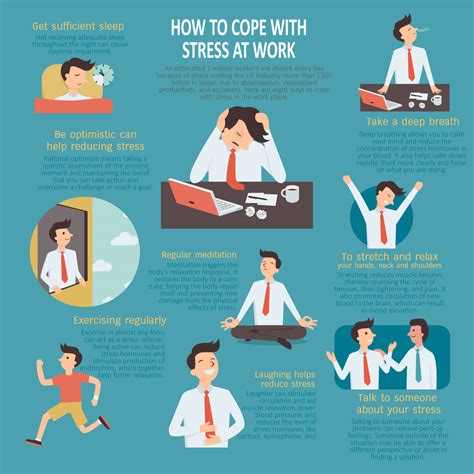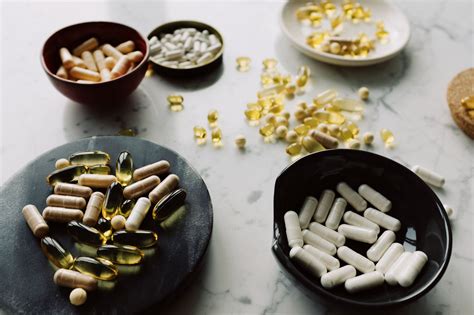How can men optimize hormones like testosterone for sustained energy & performance?

In the quest for sustained energy and peak performance, men often overlook a critical underlying factor: hormonal balance. Hormones, particularly testosterone, play a pivotal role in everything from muscle mass and bone density to mood, libido, and cognitive function. When these vital chemical messengers are out of sync, the repercussions can manifest as fatigue, reduced stamina, decreased drive, and a general decline in well-being. Fortunately, a proactive and holistic approach can help men naturally optimize their hormonal profile, paving the way for a more energetic and higher-performing life.
Understanding Testosterone’s Role
Testosterone is the primary male sex hormone, essential for the development of male reproductive tissues and secondary sexual characteristics. Beyond its reproductive functions, testosterone significantly impacts metabolism, fat distribution, red blood cell production, and overall energy levels. Optimal testosterone levels are associated with greater vitality, improved mood, enhanced physical capabilities, and better cognitive function. However, various factors—from age and diet to stress and lifestyle choices—can lead to suboptimal levels, often referred to as “low T,” even if clinical ranges are not met.

Pillar 1: Nutrition for Hormonal Harmony
What you eat directly impacts your hormonal landscape. A diet rich in whole, unprocessed foods is fundamental. Focus on:
- Healthy Fats: Crucial for hormone production. Include sources like avocados, nuts, seeds, olive oil, and fatty fish (salmon, mackerel). Cholesterol, often demonized, is a precursor to testosterone.
- Lean Protein: Essential for muscle repair and growth, which in turn supports healthy testosterone levels. Opt for chicken, turkey, lean beef, eggs, and plant-based proteins.
- Complex Carbohydrates: Provide sustained energy and help regulate cortisol (the stress hormone). Choose whole grains, fruits, and vegetables over refined sugars.
- Micronutrients: Zinc, Vitamin D, Magnesium, and B vitamins are particularly important. Zinc is a known testosterone booster, Vitamin D acts like a steroid hormone, and Magnesium supports enzyme function critical for hormone synthesis.
Conversely, excessive sugar, highly processed foods, and unhealthy fats can lead to inflammation and insulin resistance, both of which negatively impact hormone production.
Pillar 2: Exercise Smart, Not Just Hard
Regular physical activity is a powerful tool for hormone optimization, but the type and intensity matter.
- Strength Training: Lifting weights, especially compound movements (squats, deadlifts, bench presses), has been consistently shown to boost testosterone levels. Aim for 3-4 sessions per week.
- High-Intensity Interval Training (HIIT): Short bursts of intense exercise followed by brief recovery periods can also stimulate growth hormone and testosterone release.
- Avoid Overtraining: Chronic, excessive cardio or intense training without adequate recovery can elevate cortisol levels, which can suppress testosterone. Listen to your body and prioritize recovery.

Pillar 3: Prioritize Quality Sleep
Sleep is arguably the most undervalued component of hormonal health. During deep sleep cycles, your body repairs itself, regenerates cells, and produces a significant portion of its daily hormone supply, including testosterone and growth hormone. Chronic sleep deprivation (less than 7-9 hours per night) can significantly reduce testosterone levels and increase cortisol, leading to fatigue, poor mood, and impaired performance.
To improve sleep hygiene:
- Establish a consistent sleep schedule.
- Create a cool, dark, quiet bedroom environment.
- Limit screen time before bed.
- Avoid caffeine and heavy meals close to bedtime.

Pillar 4: Master Stress Management
In today’s fast-paced world, chronic stress is a ubiquitous enemy of hormonal balance. When stressed, your body releases cortisol. While essential in acute situations, persistently high cortisol levels can directly inhibit testosterone production. This “cortisol steal” can divert resources away from testosterone synthesis.
Incorporate stress-reducing practices into your daily routine:
- Mindfulness and meditation
- Deep breathing exercises
- Yoga or tai chi
- Spending time in nature
- Engaging in hobbies and social connections

Pillar 5: Strategic Supplementation and Environmental Awareness
While a whole-food diet should be your primary source of nutrients, certain supplements can provide targeted support:
- Vitamin D3: Many men are deficient. Supplementing can significantly impact testosterone.
- Zinc & Magnesium: Common deficiencies that can affect testosterone synthesis.
- Ashwagandha: An adaptogenic herb shown to reduce cortisol and improve testosterone in some studies.
Beyond supplementation, be aware of environmental factors. Minimize exposure to xenoestrogens found in plastics (BPA, phthalates), pesticides, and certain personal care products, as these can mimic estrogen and disrupt hormonal balance.

When to Seek Professional Guidance
While lifestyle modifications are powerful, they may not be sufficient for everyone. If you suspect significantly low testosterone (clinically diagnosed hypogonadism) or are experiencing severe symptoms that impact your quality of life, consult with a healthcare professional. They can conduct blood tests, diagnose underlying conditions, and discuss appropriate treatment options, which may include hormone replacement therapy (HRT) if indicated.
Conclusion
Optimizing hormones like testosterone for sustained energy and performance is not about quick fixes but a commitment to a holistic lifestyle. By prioritizing nutrient-dense foods, engaging in smart exercise, ensuring adequate sleep, mastering stress, and being mindful of environmental factors, men can naturally support their endocrine system. This comprehensive approach empowers them to not only feel more energetic and perform better but also to enjoy a higher quality of life, unlocking their full potential at any age.









